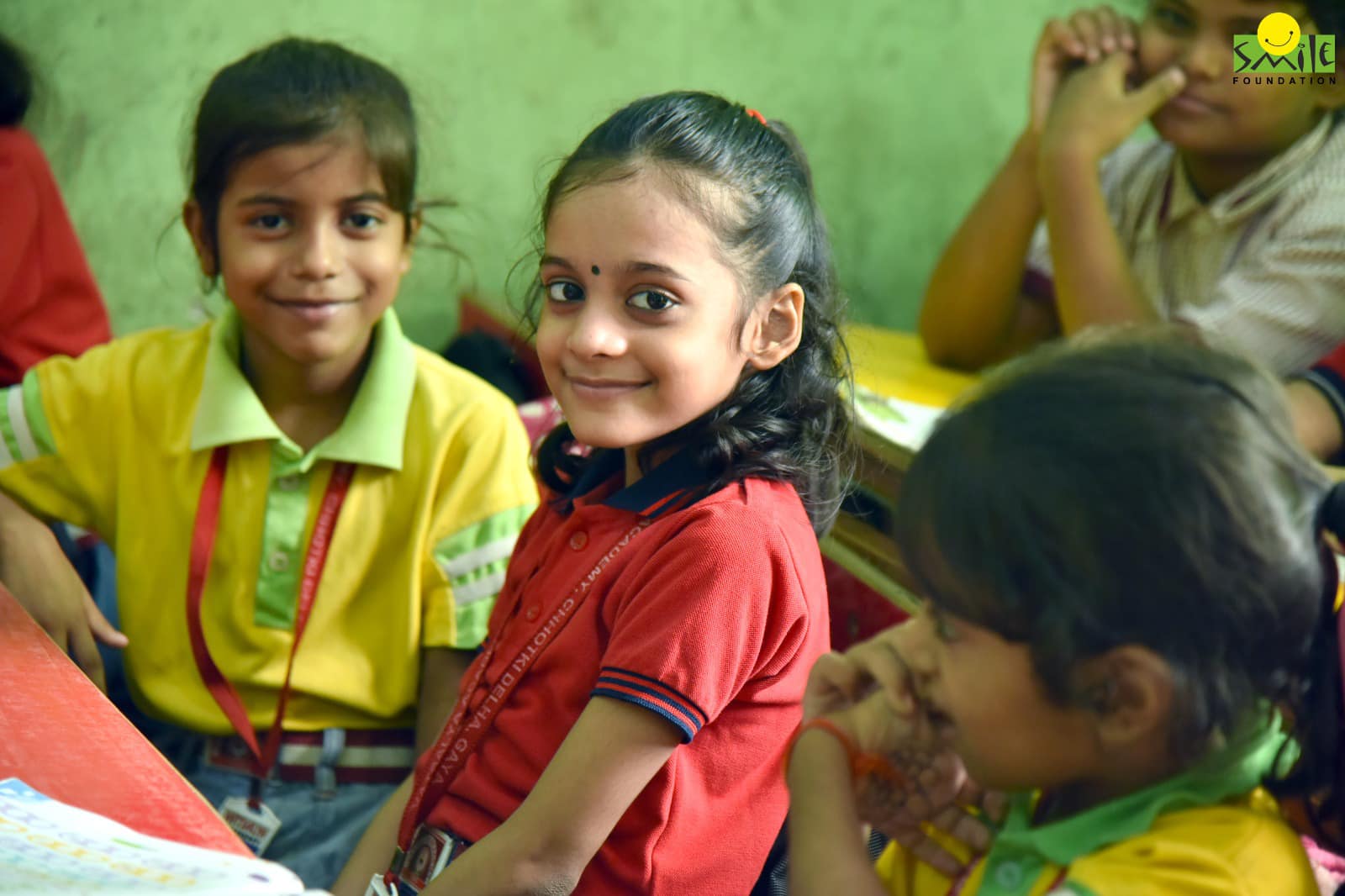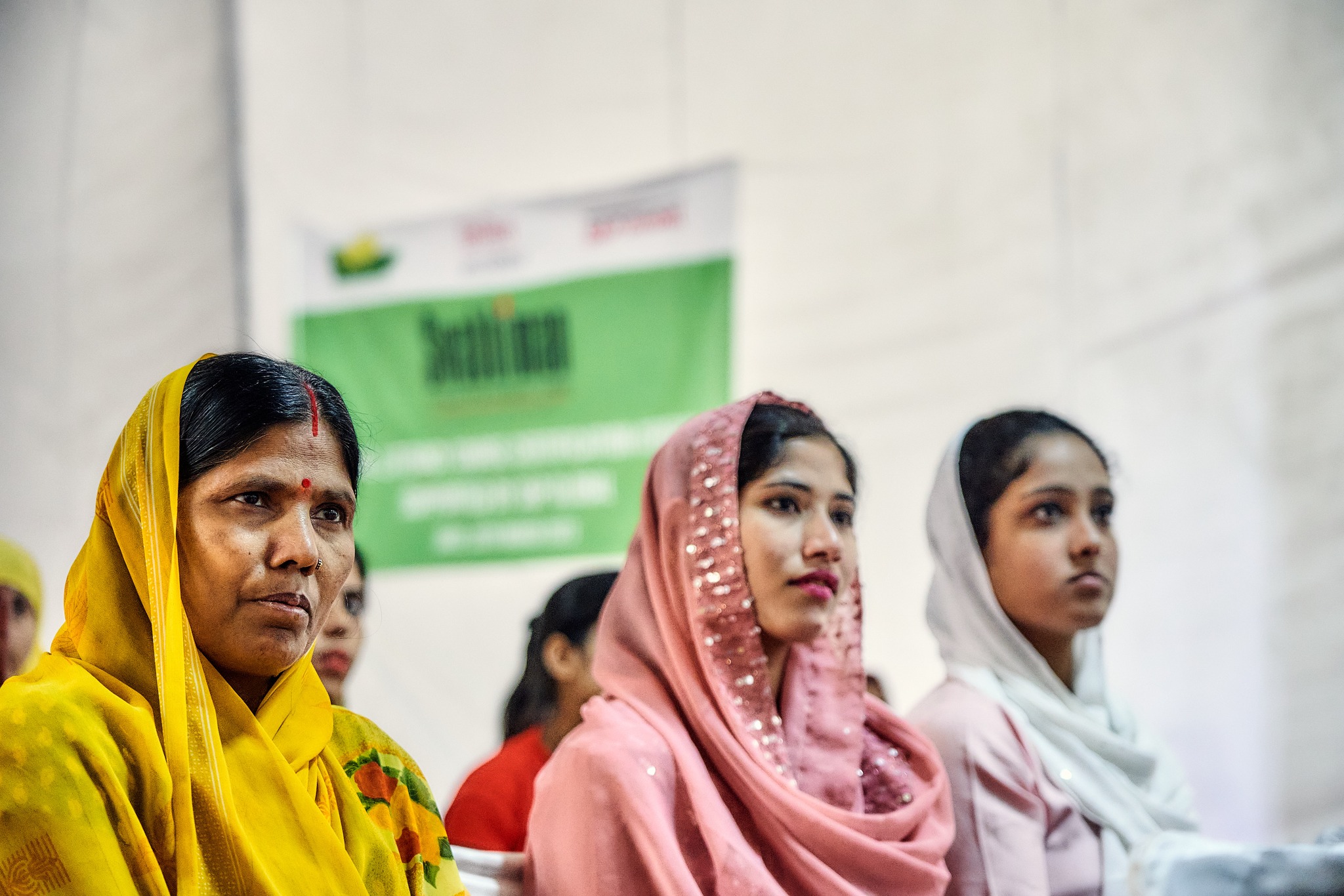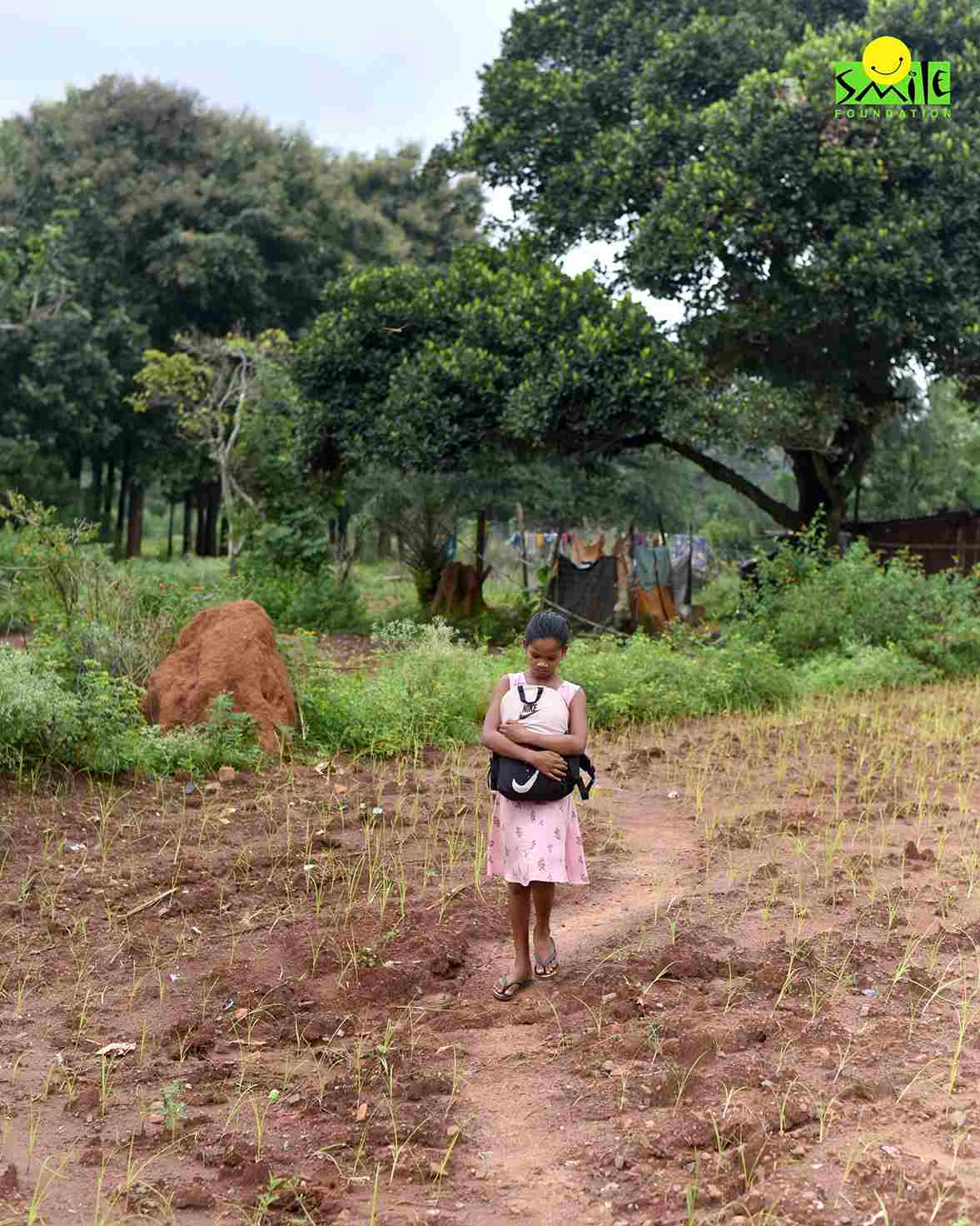The basis for your growth is education. It’s the first step in constructing a brighter future for you, your loved ones, and your neighborhood. Even after thousands of years, education remains one of the most significant indicators of future success.
Your chances of making a solid living and being able to support yourself financially increase with your level of education. Gender inequality is a major roadblock in this process of gender equal well-being and self-sufficiency.
The most effective tool you have to alter the world is education. Spreading information and knowledge among them might be a good place to start. They will get a better understanding of their obligations to themselves and to society as a result.
Education is crucial because it helps individuals become more responsible citizens who are willing to put in a lot of effort to boost their nation’s economy. It also helps people make better judgments in their daily lives.
Empowerment is the capacity to decide what to do and how to do it while having faith in your own abilities. It’s about having the power to accomplish the things you want to do and being in charge of your life. Empowerment and sentiments of empowerment might be connected, but they are not the same.
For instance, you could feel empowered if you have a strong sense of self-worth and confidence.
Gender Inequality in Education
Two-thirds of the 774 million illiterate individuals on the planet are women, which is disturbing. It shows that the majority of females are not in school in various places of the world.
Globally, 132 million girls—including 34.3 of primary school age, 30 of lower secondary age, and 67.4 of upper secondary age—are not in school, according to UNICEF. Girls are more than twice as likely to drop out of school in nations with ongoing conflicts as they are in non-conflict areas.
Girls’ gender is one of the fundamental causes of their marginalisation and absence from school. When it comes to educational investments, impoverished families frequently favor males.
As a result, the poorest girls have the lowest chances of finishing elementary school. Ironically, data shows that girls from the same circumstances are more likely to drop out of school than boys.
Social, religious, and cultural norms support gender inequality and prevent girls from having an equal opportunity to pursue an education. For instance, women and girls have a disproportionate part of the responsibility for caring for family members and doing home duties. Girls sometimes forsake the possibility of pursuing an education because they are unfairly burdened with so many duties from a young age.
Due to inadequate sanitary facilities, many girls who do manage to attend school quit when they begin to menstruate. For instance, it was said in a report titled “Dignity for Her” that girls tend to leave school six days a month on average owing to the difficulty to manage their periods at school. As a result, over 23% of girls drop out of school once they enter puberty, which seriously limits their potential as people and future employees.
Gender Equality and Women’s Empowerment
Gender inequality is still a looming threat in our country and across the world. Although it is a human right, women and men still have unequal access to opportunities and the ability to make decisions in our environment.
In comparison to males, women throughout the world have fewer possibilities to participate in the economy. Also poorer access to primary and secondary education, more dangers for health and safety, and less political representation.
Women’s rights must be protected, and they must be given the chance to realise their full potential if gender equality is to be achieved as well as a number of other international development objectives.
Everybody gains when women and girls are given the tools they need to improve the well-being and productivity of their families, communities, and nations. If a man is educated only he is educated, while if a woman is educated she educates the entire family is a popular saying.
Donate for Women Empowerment
Smile Foundation has been actively involved in empowering women among the underprivileged and rural pockets in India through its Swabhiman programme. The initiative seeks out young women and girls from the neighborhood and nurtures them into Change Agents who then actively participate in the community mobilisation process.
To know more and donate for girl child education, click here.









